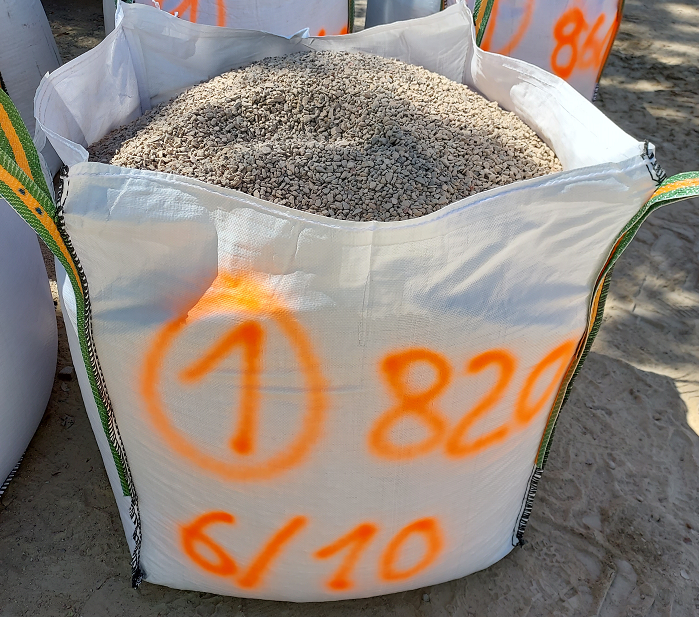It also considers certifications such as LEED, BREEAM or green seals that aim for a correct environmental performance, even in the phase of dismantling buildings.
Promoters are showing an increasing interest in the consideration of sustainable environmental criteria in the project design process.
"More and more, promoters are looking for sustainable environmental criteria in construction. Now, constructions must be designed based on the concept of circular economy, with low-emission buildings, use sustainable materials... Moreover, when the time comes to dismantle the building, its materials must be recyclable and not landfill-bound, and it should contain ecodesigned materials and construction elements that are easily reusable or recyclable as well,” explains Juan Diego Berjon, Head of Services in Surge Ambiental.
The European Commission (EC) is pushing for new regulations mandating more accurate audit and traceability reports to ensure the quality and market trustworthiness of recycled Construction and Demolition Waste (CDW) materials.
The EC regulation pursues that at least 90% of non-hazardous waste generated in construction sites -not including soils- must be prepared for reuse and recycling. This way, it suggests the introduction of electronic tools that describe and store information about the building’s characteristics, its components, and materials in digital format.

The package proposal to generalize sustainable products in the EU includes the revision of the Regulation on sustainable construction, with the aim of increasing environmental information and complying with obligations such as designing and manufacturing highly sustainable products and packaging, prioritizing the use of recyclable and recycled materials, respecting the minimum recycled content obligations and other limit values in relation to environmental sustainability aspects; making the instructions for use and repair of products or designing products readily available to facilitate reusing and recycling products...
“Ever since we started collaborating with VALREC, our pursuits are onto the circular economy, such as encouraging the use of recycled aggregates", explains Juan Diego.
“The EC seeks to reduce the environmental footprint. It strives for materials that are easily recovered and the incorporation of recycled products. Currently, outsourcing the environmental and social costs of this method makes the landfill waste management model the most advantageous and competitive because it is fast and cheap. Therefore, this calls for legislation changes and raising social awareness about the cons of this controlled dumping model versus the pros of reuse and recycling“, explains the Surge expert.
Product passport
To achieve this transition towards a greater circularity of the materials used in buildings, we need to measure and generate a greater information flow about components and products between the different actors involved in construction.
Thus, digital traceability tools —like the product passport- help put the circular economy principles into practice. These data are stored in a product passport platform (called digital building logbook), a software to create and manage those passports that includes a directional statistics database library, a digital bank of materials and measurements of the environmental and economic performance of the building. They can also include other modules such as intelligent resource management by creating reuse and recycling ecosystems, as VALREC proposes.
"The VALREC project delves, among other things, into different solutions to overcome the technological and market barriers associated with the selective demolition and traceability of qualities by digitizing information”, explains Juan Diego Berjón.

Eco Cemento
In this sense, VALREC, funded by the Community of Madrid, researches and develops a digital platform for traceability and management of CDW throughout the reverse supply chain, aimed at increasing traceability and efficiency when recovering these materials.
"Based on the design of optimal traceability flow, we will research and develop a digital platform composed of digital modules that will answer to the barriers in the promotion of circularity”, added Berjón. Among others, these modules include the BIM-based End-of-Life of the Building; the Generation of Building Codes; Route Management and Access and Plant Management.
